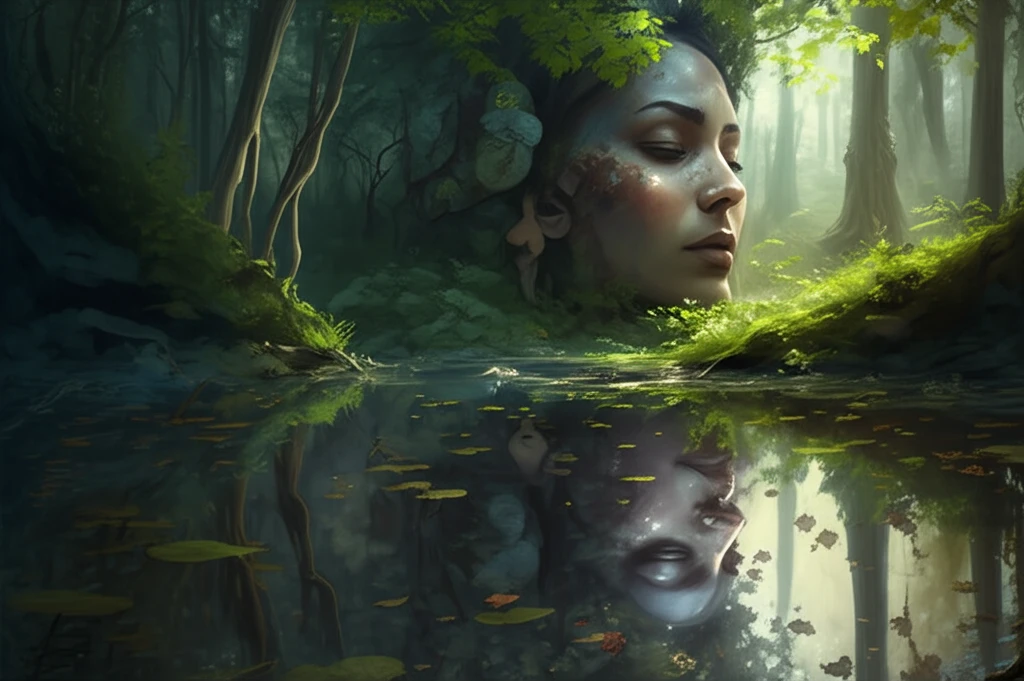
Poetry as a Mirror to Life: Finding Meaning in Tartler, Sorkin & Tartler's Verse
"Explore how contemporary poetry reflects personal experiences, societal observations, and the search for understanding in everyday moments."
Poetry, often considered a window into the soul, serves as a powerful medium for exploring the intricacies of human emotion, societal observations, and the ever-present search for meaning. In the collaborative work of Grete Tartler and Adam J. Sorkin, we find a rich tapestry of verses that invite readers to reflect on their own experiences and perceptions of the world.
Their poetry, as seen in "After Summer Rains / Buying Blocks Of Ice / Europa / The Poet In Galapagos," transcends mere words on a page; it becomes a conversation, a shared moment of introspection. Through vivid imagery and thoughtful metaphors, Tartler and Sorkin capture the essence of everyday moments, transforming them into profound reflections on life, memory, and the natural world.
This article aims to delve into the themes and nuances present in their collaborative work, offering insights into how their poetry resonates with contemporary readers seeking connection and understanding. By examining specific poems and recurring motifs, we'll uncover the layers of meaning embedded within their verses, revealing poetry's unique ability to mirror the human experience.
Nature as a Reflection of Inner States

In "After Summer Rains," nature acts as a canvas for exploring inner states. The poem begins with a simple act – throwing a nut on the terrace – which triggers a series of reflections on preparation, instinct, and the passage of time. The imagery of the "split fir logs" and "ants grow wings" evokes a sense of transformation and renewal, mirroring the cyclical nature of life.
- The use of natural imagery connects personal experiences to universal themes.
- The changing seasons symbolize the different stages of life.
- Nature's resilience offers a source of hope and inspiration.
The Enduring Power of Poetry
Through the collaborative verses of Tartler and Sorkin, we gain a renewed appreciation for poetry's ability to capture the essence of human experience. Their poems serve as mirrors, reflecting our own thoughts, emotions, and observations of the world around us. By delving into their work, we not only gain a deeper understanding of their artistic vision but also a more profound connection to ourselves.
